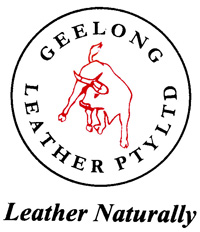At Geelong Leather, we believe animal welfare is an ongoing journey and we are committed to continuing to work with our suppliers and our customers to understand and enhance the care of the animals that give us our luxurious leather.
We are working hard to ensure animal welfare is a high priority throughout our supply chains and that all aspects comply with the Codes of Practice. These provide minimum guidelines for the physical and mental comfort as well as health of livestock on the farm, during transport and at sale yards and slaughter.
And we only work with the best partners. We source our hides from meat processors and abattoirs that are fully committed to animal welfare as enshrined in Australian law and are certified to the voluntary Australian Animal Welfare Certification System.




